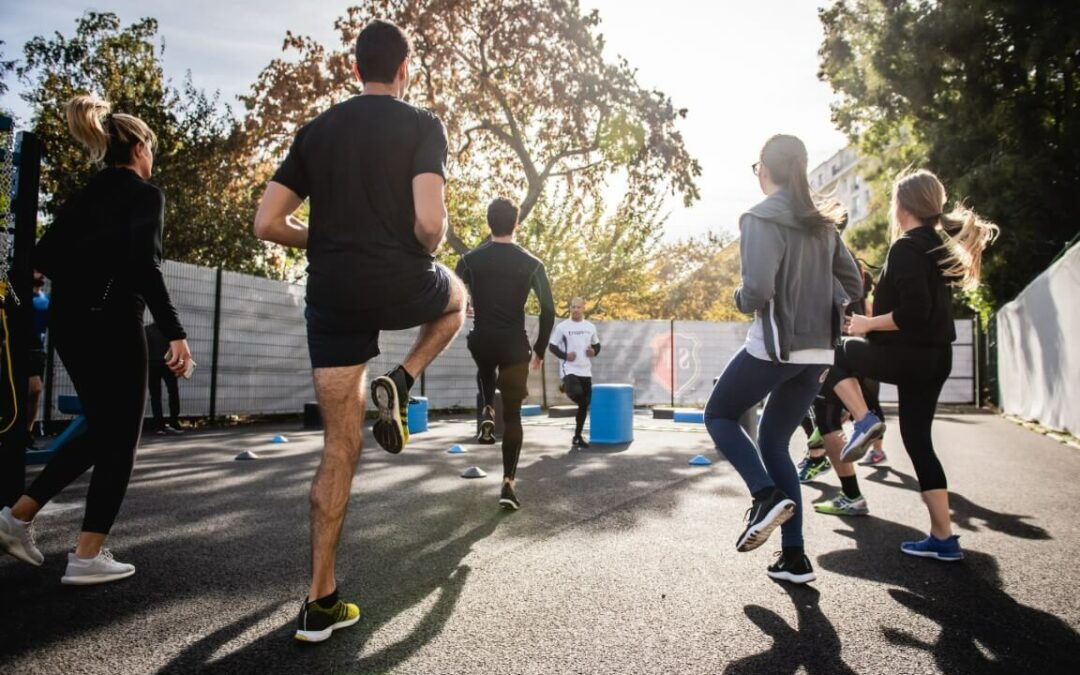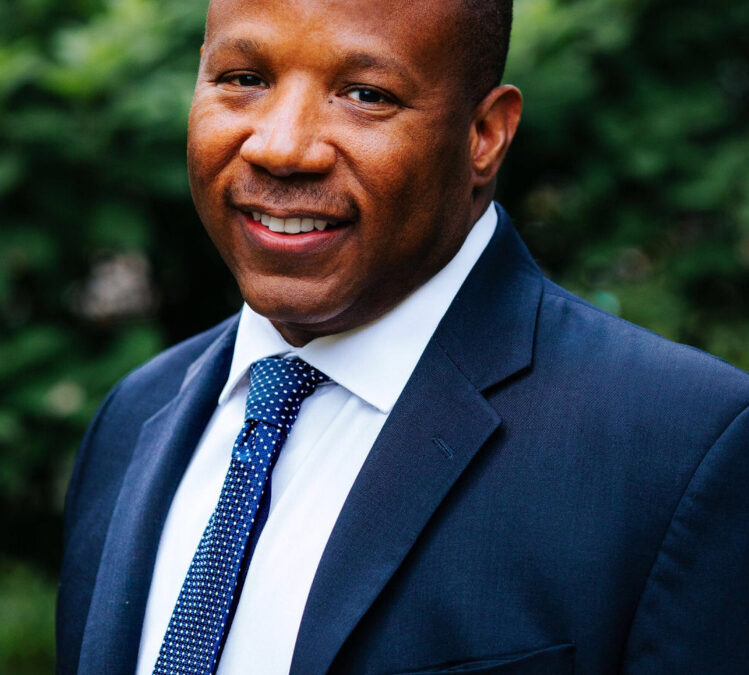The traditional view is that stress is something that primarily happens in your mind. Whilst it’s true that stress does indeed have an impact on your mind it is importance to recognise that it is a response that occurs first and foremost in your body.
The stress response is designed to provide the body with energy to meet the challenge of an immediate threat. This process is automatically switched on by the nervous system and the survival brain when danger has been detected.
Switching off the stress response
With chronic stress the threat response is switched on but it isn’t switched off again. To combat this we are presented with two choices.
The first option is to teach our thinking brain to interpret the energy in our body differently. We can reassure our over enthusiastic survival brain that we are not in a life threatening situation but rather we are in fact safe and there is no need to sound the alarm. This is referred to by psychologists as a ‘top down’ approach and it is by far the most commonly employed method for stress reduction in the western world.
The problem is that it doesn’t always work very well. Sometimes the thinking brain is overwhelmed by the emotions and physical sensations coming from the survival brain and can’t override them very easily.
Some psychologists have described the process of using the thinking brain to reduce stress and anxiety as trying to use a digital solution to an analogue problem. In other words the source of the problem is what is happening with the body and not the mind. Which leads us nicely to option two.
Stop the stress at it’s source
With option two we target the body directly. If we can calm and relax the body and the nervous system then we interrupt the stress response at its source. Stress simply can’t exist in a body that is relaxed. This is referred to as a ‘bottom up’ approach and it represents an exciting new way to treat stress.
These bottom up approaches have been used in Eastern countries for thousands of years. For many years Western medicine dismissed these practices as new age hocus pocus and lacking in empirical evidence. However recent research from the fields of neuroscience and trauma treatment is now emerging that shows that these methods are very effective at calming our bodies and nervous systems. And if the body is calm and relaxed then the mind will automatically follow.
Therapist and co-founder of Mymindpal, Khody Damestani, explains:
“For many years the importance of targeting the body to reduce stress and promote mental health has been largely ignored. It’s a very exciting time for the treatment of stress and anxiety as the way has now been paved for a range of approaches that target the body directly.
These exercises are referred to as somatic techniques. Exercises such as deep regulated breathing, body scans, specific body movements and even vocalisations and singing are now being recognised as effective and evidence based ways to reduce stress and promote wellbeing.
We include somatic techniques as essential content within our suite of tools, providing you with even more options to help you to stress less.”









